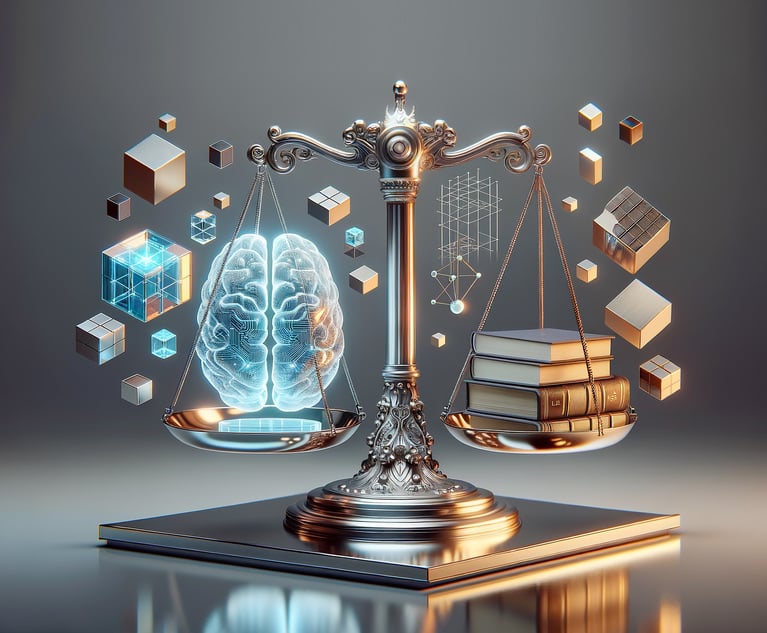While the explosive popularity of mainstream artificial intelligence tools like ChatGPT over the past three months may not have been widely anticipated, it was easy to predict that AI would create new issues in intellectual property law. Disruptive new technology has consistently posed challenges to copyright law, from player pianos to VCRs and online streaming. This article will provide an overview of emerging issues at the intersection of AI and copyright law including the copyrightability of AI-generated works, the risks of using copyrighted content to train AI models, and potential risks of using AI generated content in business.
Introduction to Artificial Intelligence
Broadly speaking, artificial intelligence is the use of science and engineering to make “intelligent” machines that can solve problems and conduct tasks typically associated with human intelligence. Previously well-known advances in AI took place in 1997 when IBM’s Deep Blue beat then world chess champion Garry Kasparov and 2011 when IBM Watson beat the reigning Jeopardy champions.
This content has been archived. It is available through our partners, LexisNexis® and Bloomberg Law.
To view this content, please continue to their sites.
Not a Lexis Subscriber?
Subscribe Now
Not a Bloomberg Law Subscriber?
Subscribe Now
LexisNexis® and Bloomberg Law are third party online distributors of the broad collection of current and archived versions of ALM's legal news publications. LexisNexis® and Bloomberg Law customers are able to access and use ALM's content, including content from the National Law Journal, The American Lawyer, Legaltech News, The New York Law Journal, and Corporate Counsel, as well as other sources of legal information.
For questions call 1-877-256-2472 or contact us at [email protected]


 Nancy J. Mertzel of Mertzel Law. Courtesy photo
Nancy J. Mertzel of Mertzel Law. Courtesy photo




